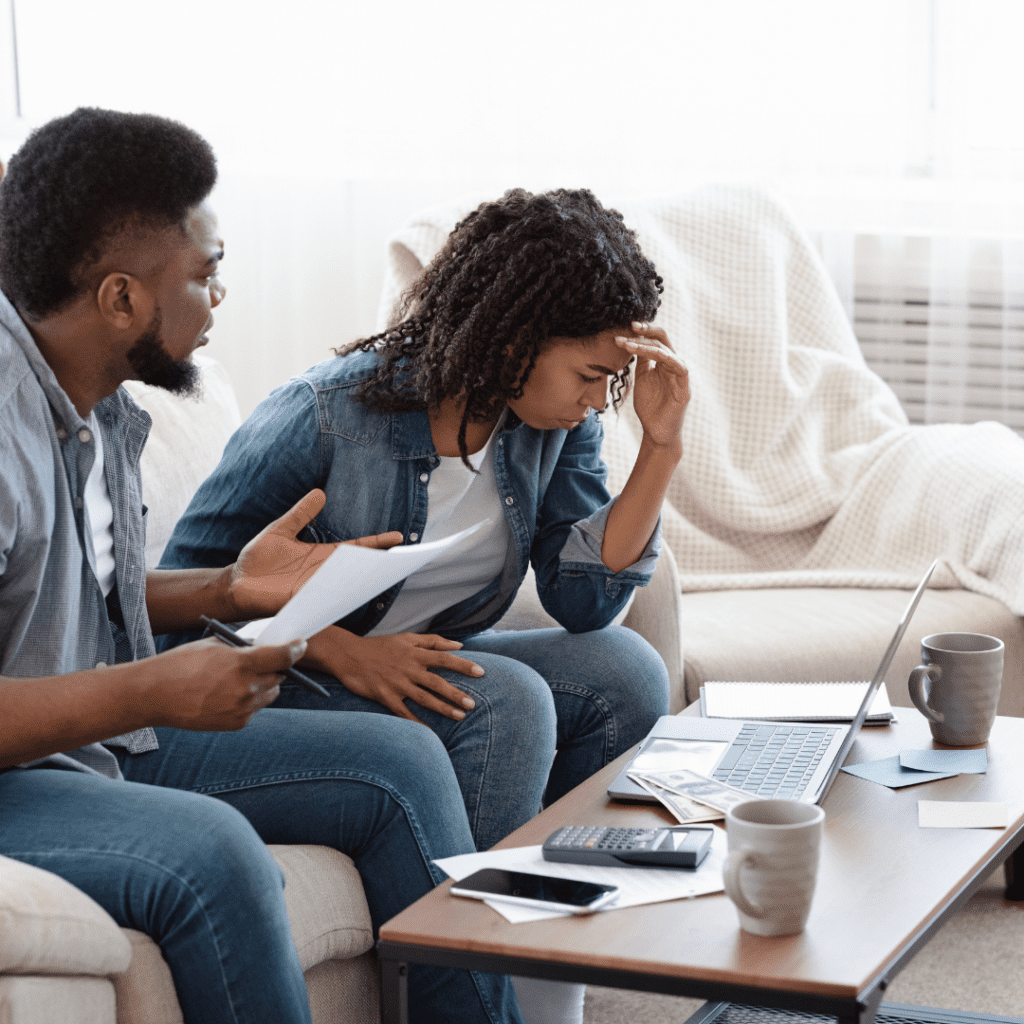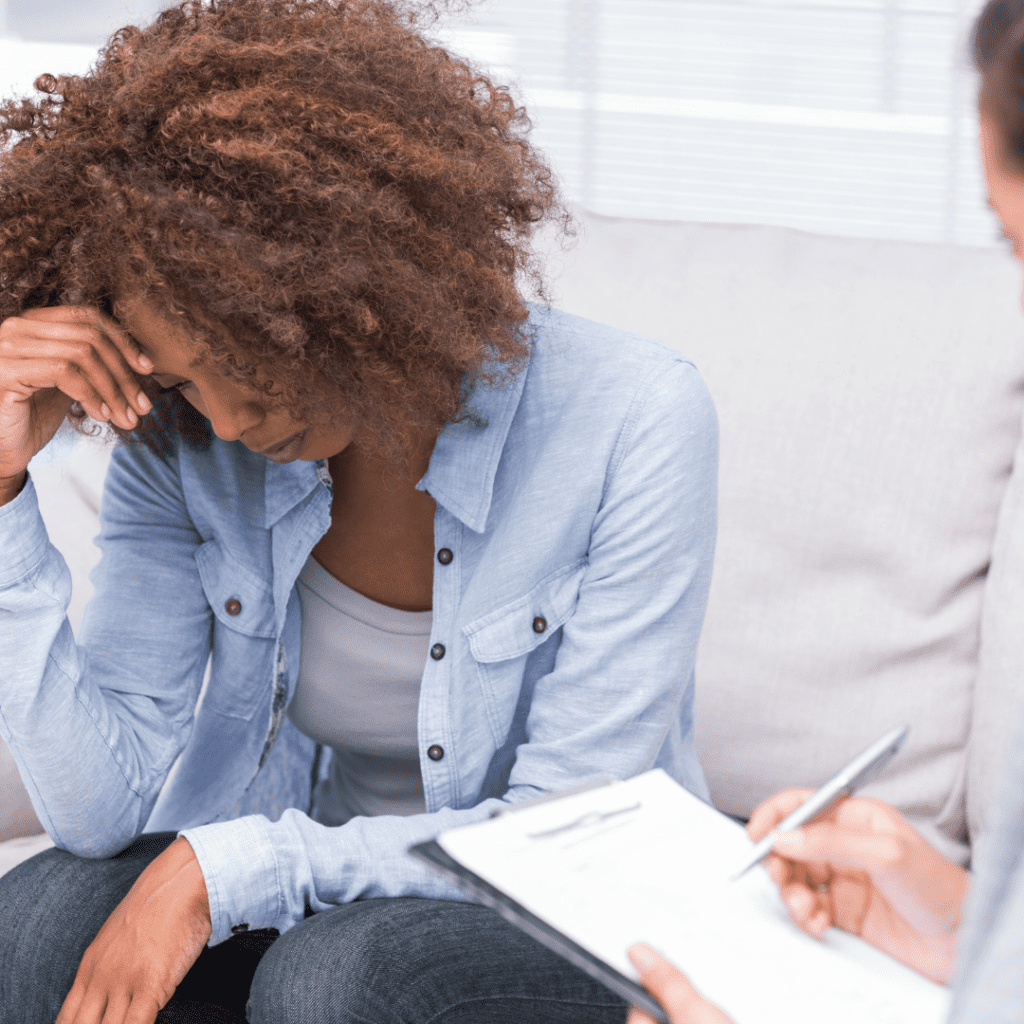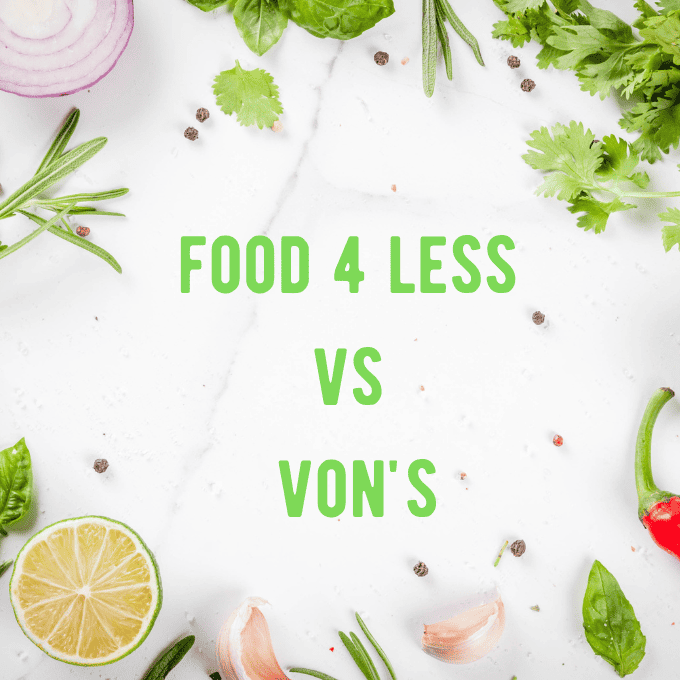Why Does Spending Money Feel Good? (+How to Stop Overspending Money)
People have very different emotional connections to spending money. Even if you are a saver, finally spending some money that you have saved up for a new purchase can release chemicals in your brain to give you a feeling of happiness.
In general, spending money gives a temporary boost of dopamine in the brain. It gives a person a high feeling of elation and happiness when they purchase items. Dopamine isn’t a bad thing, but it can be addicting similar to drugs and alcohol. Beware that whenever you have a rush of dopamine, you usually end up with a sudden drop which can also trigger regret, anxiety, and guilt. This drop will then make you want to have another high feeling and may cause you to go spend some more. This cycle of spending will lead to overspending money.

How to know if you are overspending? 15 Warning Signs!
If you are someone that enjoys occasional “retail therapy” and generally has a good handle on your finances, you will most likely not fall into overspending. If you do not have a good foundation for your finances, you can suffer from frequent overspending.
Here are some signs to watch out for if you think you are overspending:
- Shopping late at night.
- Hiding purchases from spouse or loved ones.
- Buying things that you don’t actually need.
- Not opening packages when they are delivered.
- Not remembering what you ordered online and being surprised when it is delivered.
- Not being able to pay your monthly bills due to splurging.
- Having no emergency fund or savings at all.
- Having to dip into your savings to cover purchases made.
- Having bank charges for over-withdrawing your account.
- Borrowing money to pay off your purchases.
- Opening new credit accounts, because your other accounts are maxed out.
- Buying gifts for other people for no occasion.
- Feeling regret after making purchases.
- You have fights over money with your spouse.
- You prefer to shop alone.

Why do I compulsively spend money?
If any of these 15 signs are something that you have noticed, it is time to get honest with yourself. You will really need to pinpoint why you are spending more than you need to. These reasons will be your triggers. Examples of triggers are feeling depressed, feeling embarrassed, or being mad.
Most triggers will be based on emotions and not having a healthy outlet for these emotions. When you have a bad day at work or get in a fight with your spouse, going on a spending spree is a distraction from the problem. It is not helping your bad day or the fight, shopping is simply a way to not think about the problem. These types of shopping sprees usually end up with piles of clothes, self-care items, or other things that aren’t actually needed or planned for.
A friend of mine recently told me, that she only gets her nails done when she has a fight with her husband. She feels that this is a punishment for her husband by spending money they don’t have, and it is a reward for her because her feelings were hurt. This is a vicious cycle, and she admitted she noticed that she started picking fights just so she could get her nails done.

How do I motivate myself to stop spending money?
Once you know what is causing your spending, aka your triggers, you can make a plan to counteract these triggers.
Some examples of this could be just going for a walk and clearing your head when you are angry or your feelings are hurt. Fresh air and physical activity can really help you react better to your emotions.
Another option is to make a list of the items that you are wanting to purchase first, before going to the store. This will help you keep your focus, and only buy what is needed and not whatever catches your eye. So, if you are going out looking for a new winter coat and gloves, just buy those. Don’t pick up socks, pants, and new shoes just because they were on sale. Stick to your plan.
Ask yourself why you need something. Are you buying a new item because it is trendy or someone you know has one? A lot of us fall into this trap where we need the newest and shiniest gadget because we see that it is popular and we know a lot of other people that have it.
If your android phone is working just fine for what you are using it for, you don’t need to get the newest IPhone just because other people have one. Keeping up with other people’s things will be a never-ending uphill struggle. Only buy items that have a purpose for what you need it to do.
Just because other people are buying brand new gadgets, doesn’t mean you need it or can afford it. If it is something you really want and will use, save up for it and pay for it in cash.
Spending Money when Depressed…
If you are struggling to control your overspending, and are unable to reduce it, it may be time to seek help. This is usually done in the form of therapy or a support group. There are lots of therapists that specialize in overspending, hoarding, and emotional attachment to spending. Overspending may actually be just a warning sign of a bigger mental health issue like depression. Sometimes we overspend to compensate for trauma or abuse.
The first call should be to your Primary Care Provider or to your insurance company. Both places will be able to refer you to a therapist. Once you start therapy, if you are not happy with therapist, ask to change to a different provider. Therapy does not work if you are not able to cooperate and trust your team. Sometimes it takes a few sessions to feel more comfortable and to really start to notice an improvement.
During this time, you should also tell your friends and family that you have an overspending issue. Ask them to help you stay on the right track and have them remind you of your goals if they see that you are reverting to old spending habits. You can also suggest that instead of eating out and going shopping, that you pick activities that are free like watching movies at home or going to the park.

Should you budget for fun spending?
Hopefully you already have a basic budget in place, but if you don’t go read this article about setting up a super easy budget.
Once your budget is in place, you can start saving up for purchases like new winter clothes or getting your nails done without making your monthly bills suffer. You can put aside money every paycheck or every month into a savings jar or savings account, just to be used for fun spending. We always want to make sure the monthly bills are paid first before we splurge on anything else.
Try using a visual tracker or chart to help you save up to your goal. These types of motivation will keep you on track and if you’re not already a saver by nature, these can help inspire you to stick to your goal. Check out this whole section of free trackers that you can download and print at home!
The only way to truly stop overspending is to stick to a budget. Spend only what you have assigned for the purchase, and you won’t find yourself overspending. You have to want to stop overspending and make a decision to stop doing it.







